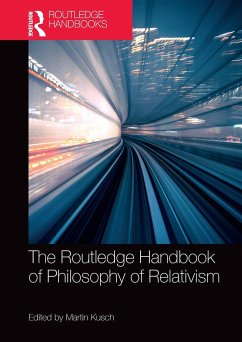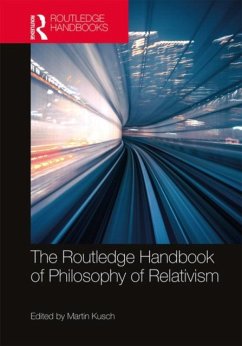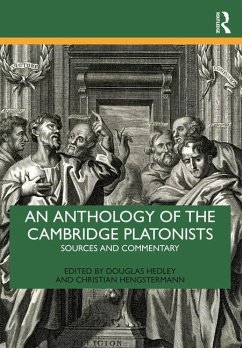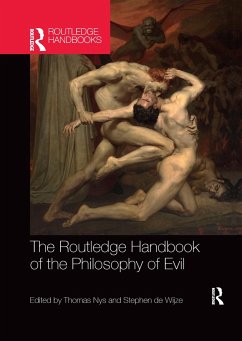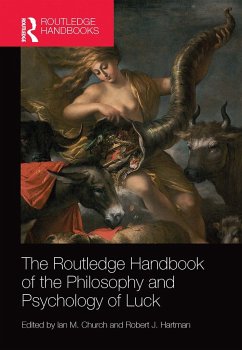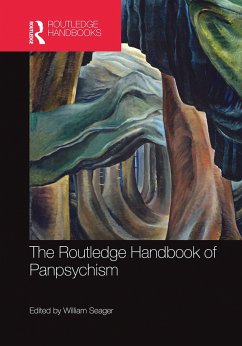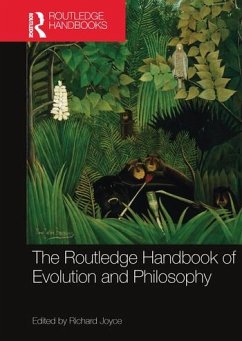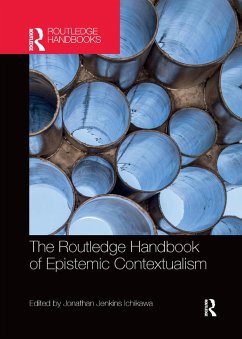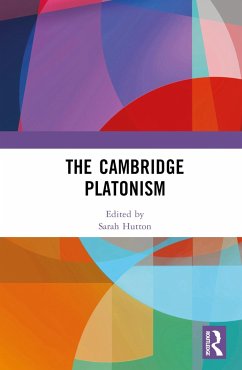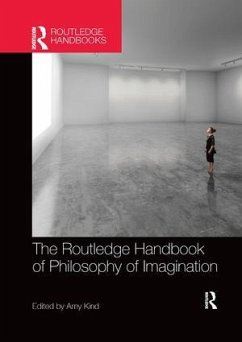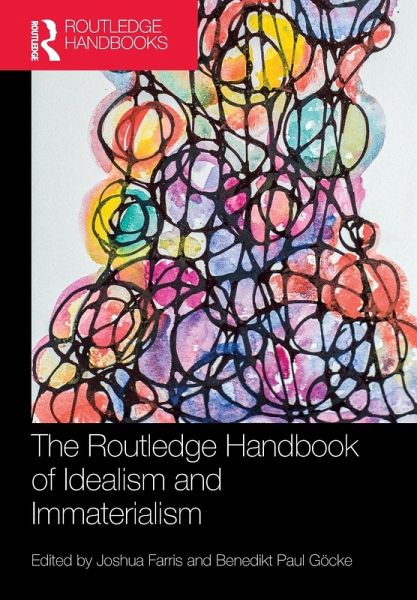
The Routledge Handbook of Idealism and Immaterialism

PAYBACK Punkte
26 °P sammeln!
The influence of materialist ontology largely dominates philosophical and scientific discussions. However, there is a resurgent interest in alternative ontologies from panpsychism (the view that at the base of reality exists potential minds, minds, or mind-lets) to idealism and dualism (the view that all of reality is material and mental).The Routledge Handbook of Idealism and Immaterialism is an outstanding reference source and the first major collection of its kind. Historically grounded and constructively motivated, it covers the key topics in philosophy, science, and theology, providing st...
The influence of materialist ontology largely dominates philosophical and scientific discussions. However, there is a resurgent interest in alternative ontologies from panpsychism (the view that at the base of reality exists potential minds, minds, or mind-lets) to idealism and dualism (the view that all of reality is material and mental).
The Routledge Handbook of Idealism and Immaterialism is an outstanding reference source and the first major collection of its kind. Historically grounded and constructively motivated, it covers the key topics in philosophy, science, and theology, providing students and scholars with a comprehensive introduction to idealism and immaterialism. Also addressed are post-materialism developments, with explicit attention to variations of idealism and immaterialism (the view that reality depends on a mind or a set of minds).
Comprising 44 chapters written by an international and interdisciplinary team of contributors, the Handbook is organised into five clear parts:
Idealism and the history of philosophyImportant figures in idealismSystematic assessment of idealismIdealism and scienceIdealism, physicalism, panpsychism, and substance dualism
Essential reading for students and researchers in metaphysics, philosophy of science, philosophy of religion, and philosophy of mind, The Routledge Handbook of Idealism and Immaterialism will also be of interest to those in related discplines where idealist and immaterialist ontology impinge on history, science, and theology.
The Routledge Handbook of Idealism and Immaterialism is an outstanding reference source and the first major collection of its kind. Historically grounded and constructively motivated, it covers the key topics in philosophy, science, and theology, providing students and scholars with a comprehensive introduction to idealism and immaterialism. Also addressed are post-materialism developments, with explicit attention to variations of idealism and immaterialism (the view that reality depends on a mind or a set of minds).
Comprising 44 chapters written by an international and interdisciplinary team of contributors, the Handbook is organised into five clear parts:
Idealism and the history of philosophyImportant figures in idealismSystematic assessment of idealismIdealism and scienceIdealism, physicalism, panpsychism, and substance dualism
Essential reading for students and researchers in metaphysics, philosophy of science, philosophy of religion, and philosophy of mind, The Routledge Handbook of Idealism and Immaterialism will also be of interest to those in related discplines where idealist and immaterialist ontology impinge on history, science, and theology.





